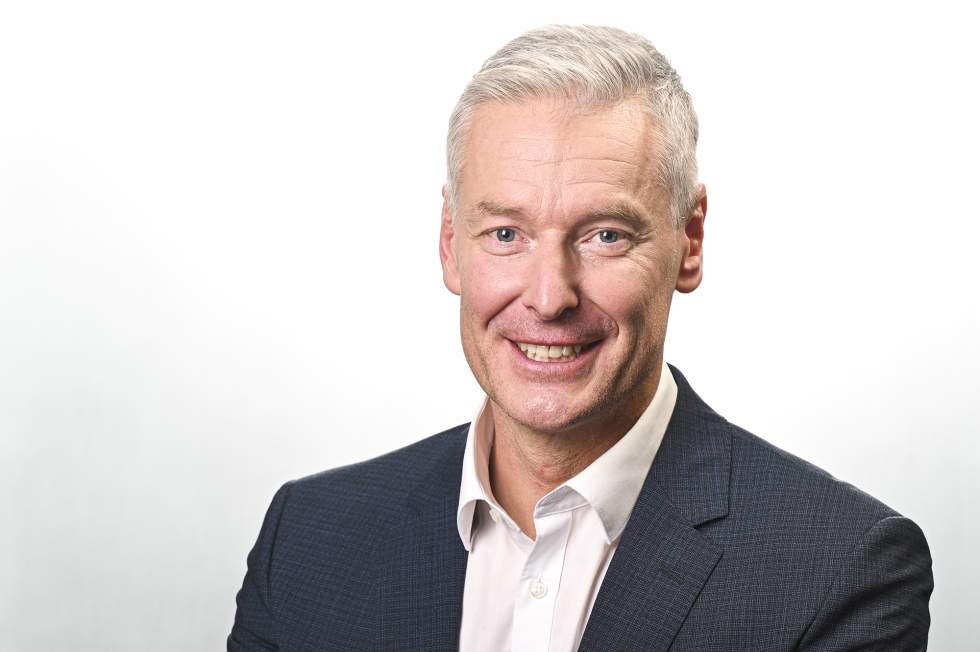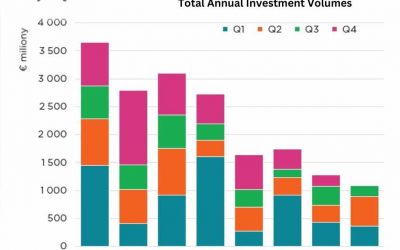You didn’t come from a real estate background, so 2023 can’t have been the easiest introduction. How did you find navigating it?
Last year was tough for investment companies because when you have high interest rates and high inflation, investors have low-risk options that offer 24-hour liquidity and 6 - 6.5%. Investors ask themselves if they really want to take a calculated risk for just 2.5% to 4% extra in an inflationary environment.
Today, we see a strong wind of change with rates going down, probably rapidly. We’re having lots of interactions . . .
------------------------------------------------------------------------------
Subscriber content
Archival content is available to subscribers only. If you have a membership subscription and are are experiencing issues logging in, please try the login below:
If you're interested in reading further, why not gain full access to the archives by subscribing?
Order your subscription here and we'll send you an invoice.
Annual memberships (€100/yr) can also be paid for by credit card, or you can pay month-to-month by clicking here.






